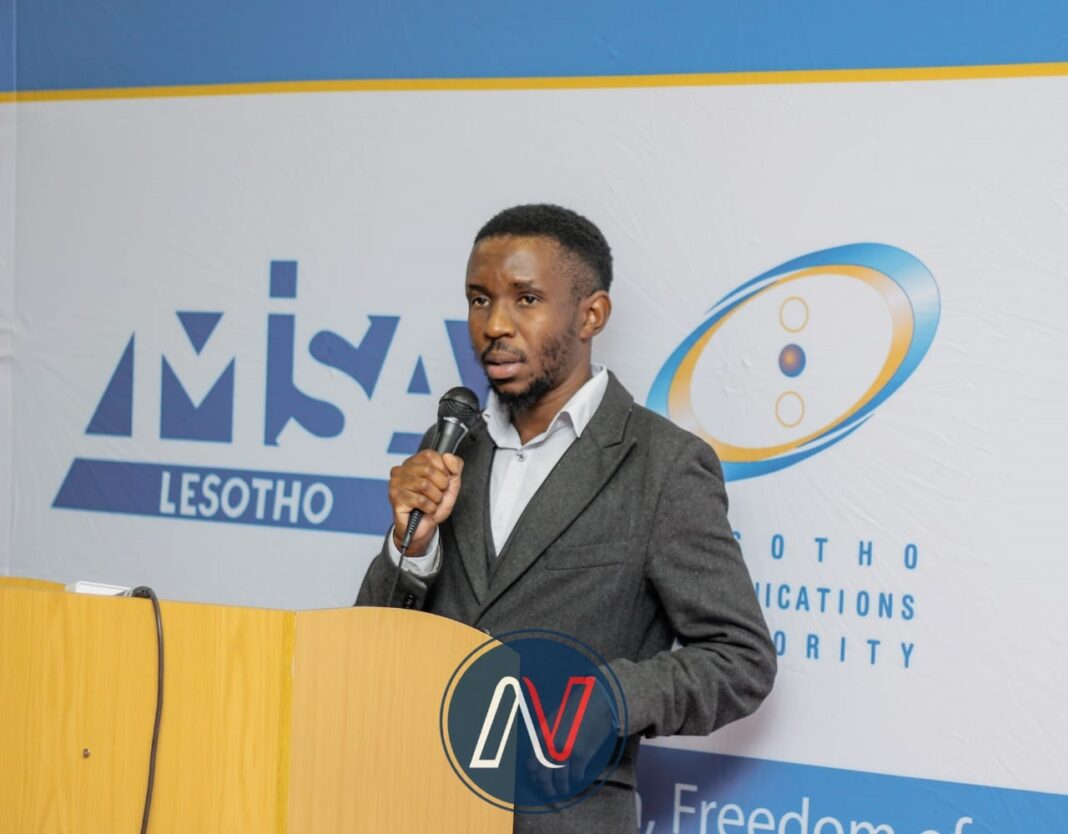Earlier this month, South Africa’s Constitutional Court delivered a unanimous judgment in a case confirming the invalidity of provisions in the Births and Deaths Registration Act of 1992 that prevented husbands from assuming their wives’ surnames or hyphenating them after marriage.
The ruling, authored by Justice Leona Theron, addressed applications from two couples: Henry van der Merwe, who sought to take his wife Jana Jordaan’s surname, and Andreas Nicolas Bornman, who wanted to hyphenate his surname with that of his wife, Jess Donnelly-Bornman.
These couples had previously succeeded in the Free State High Court in 2024, which declared the law unconstitutional on grounds of gender discrimination.
The Court traced the law’s origins to colonial and apartheid-era influences, noting that pre-colonial African customs often allowed women to retain their birth names and children to take maternal clan names, but European colonizers and Roman-Dutch law imposed the patriarchal norm of wives adopting husbands’ surnames.
This created an asymmetry where only women could easily change surnames upon marriage, while men required “good and sufficient reason” approval from the Director-General of Home Affairs, which was rarely granted for spousal reasons. The judgment held that section 26(1)(a)–(c) of the Act and related regulations unfairly discriminated on the basis of gender, violating section 9(3) of the Constitution, which guarantees equality.
It emphasised that the restriction perpetuated harmful stereotypes and served no legitimate purpose in modern South Africa. As a remedy, the Court suspended the declaration of invalidity for 24 months to allow Parliament to amend the legislation, while issuing an interim “reading-in” order to permit both spouses, regardless of gender, to apply for surname changes post-marriage, using gender-neutral language inspired by the Civil Union Act.
The ministers of Home Affairs and Justice did not oppose the application, acknowledging the law’s outdated nature. This decision advances gender equality in line with South Africa’s post-apartheid constitutional values.
Some men reacted with anger to this judgment as if it made it mandatory for husbands to adopt their wives’ surnames.
But that is not the case. The judgment does not force anyone into anything, it simply affirms choice. If a husband wishes to take his wife’s surname, the law should not stand in the way. That is all. Whether Kananelo Boloetse, or any other commentator for that matter, feels strongly one way or the other is beside the point.
It is none of our business because ultimately, it is a matter of preference and personal identity.
Then yesterday morning, I received a long, emotional message from my niece. She wrote: “I want to change my surname. I want to start using my mother’s surname because I think I gave your brother multiple chances to show up for me, and he did not. I am tired now. He has been absent for a very long time, and it is my time to be absent.”
I could hear the pain of rejection, the fatigue of trying, and the quiet rebellion of someone claiming agency over her life.
I responded and told her: “I hear what you are saying, and I understand why this weighs heavily on you. At the same time, your name and surname are central to your identity. If your goal is to distance yourself from your father, that can be done in many ways without necessarily changing your name.
“That said, this is ultimately your decision. You have clearly carried disappointment and made efforts that were not reciprocated. You have every right to choose what gives you peace. My view is simply that healing doesn’t always require changing who you are. But whatever you decide, I will respect and support your choice.”
That conversation has stayed with me. It reminded me that many children carry surnames they would not choose for themselves if they had been given the chance. The decisions about what surname a child receives are often made in moments of conflict, shame, or tradition, without ever asking whether the child, when grown, will be happy with it.
For instance, when a child is born out of wedlock, the maternal family may insist the child take the mother’s surname because the father did not marry their daughter or pay damages. They argue that the father has no claim, so the child belongs to them. But no one pauses to ask: Will this decision serve the best interests of the child in the long run?
Years later, when the child grows up and wishes to take their father’s surname, tensions explode. The maternal relatives lash out, saying the child is ungrateful, that after they raised them while the father was absent, the child now wants to honour the very man who neglected them. Painful words are spoken, wounds are deepened. But if we are honest, the child was denied their father’s surname in the first place because of unpaid damages, not because anyone truly considered the child’s future sense of identity.
On the other hand, some children are given their father’s surname for the opposite reason: to protect the mother from embarrassment, to make it seem as if the child was not born out of wedlock, or to signal that the father accepted responsibility. But when the child grows up and realises that their father played no role in raising them, bitterness sets in. They feel the weight of carrying the name of someone who never carried them.
These dilemmas show us that surnames are more than labels, they are entangled with belonging, legitimacy, dignity, and memory. And yet, children rarely get to decide for themselves.
I believe that as a society, we should begin to allow young adults, when they reach the age of 18, to freely decide what surname they want to carry into adulthood. At 18, a person is considered mature enough to vote, to marry, even to go to war; surely, they should also be allowed to choose their name. This is about agency, about letting people define their own identities rather than being trapped by decisions made before they could speak for themselves.
Of course, there are practical questions. By 18, a person already has a surname on their birth certificate, school records, and national exams. Changing it might create bureaucratic complications. But should bureaucracy outweigh a person’s right to self-definition? I don’t believe so. Systems can adjust; lives should not be trapped.
Ultimately, this conversation is not just about law or tradition. It is about recognising that names carry history, but history should not be a prison. We cannot undo the past, but we can give people the tools to shape their own future.
A surname should not be a sentence handed down at birth, it should be a choice, a declaration of belonging, a statement of identity. Some of us may proudly carry the names we inherited. Others may find those names heavy with absence, conflict, or betrayal. Both realities are valid.
And so, just as the courts affirmed that husbands should be free to choose whether or not to take their wives’ surnames, we too must broaden this principle of freedom. At 18, every young person should stand at the threshold of adulthood with the right to decide: What name will I carry into the world? Whose legacy will I honour? How will I define myself?
Summary
- Earlier this month, South Africa’s Constitutional Court delivered a unanimous judgment in a case confirming the invalidity of provisions in the Births and Deaths Registration Act of 1992 that prevented husbands from assuming their wives’ surnames or hyphenating them after marriage.
- As a remedy, the Court suspended the declaration of invalidity for 24 months to allow Parliament to amend the legislation, while issuing an interim “reading-in” order to permit both spouses, regardless of gender, to apply for surname changes post-marriage, using gender-neutral language inspired by the Civil Union Act.
- I want to start using my mother’s surname because I think I gave your brother multiple chances to show up for me, and he did not.

Lesotho activist and journalist who is the Chairperson of the Media Institute of Southern Africa (MISA) Lesotho. He is an International Visitor Leadership Program (IVLP) alumnus.
Boloetse is driven by the need to protect and promote the rights of others, especially the marginalized segment of society. He rose to prominence as an activist in 2018 when he wrote to Lesotho communications Authority (LCA) asking it to order Econet Telecom Lesotho (ETL) and Vodacom Lesotho (VCL) to stop charging expensive out-of-bundle rates for data when customers’ data bundles get depleted.










